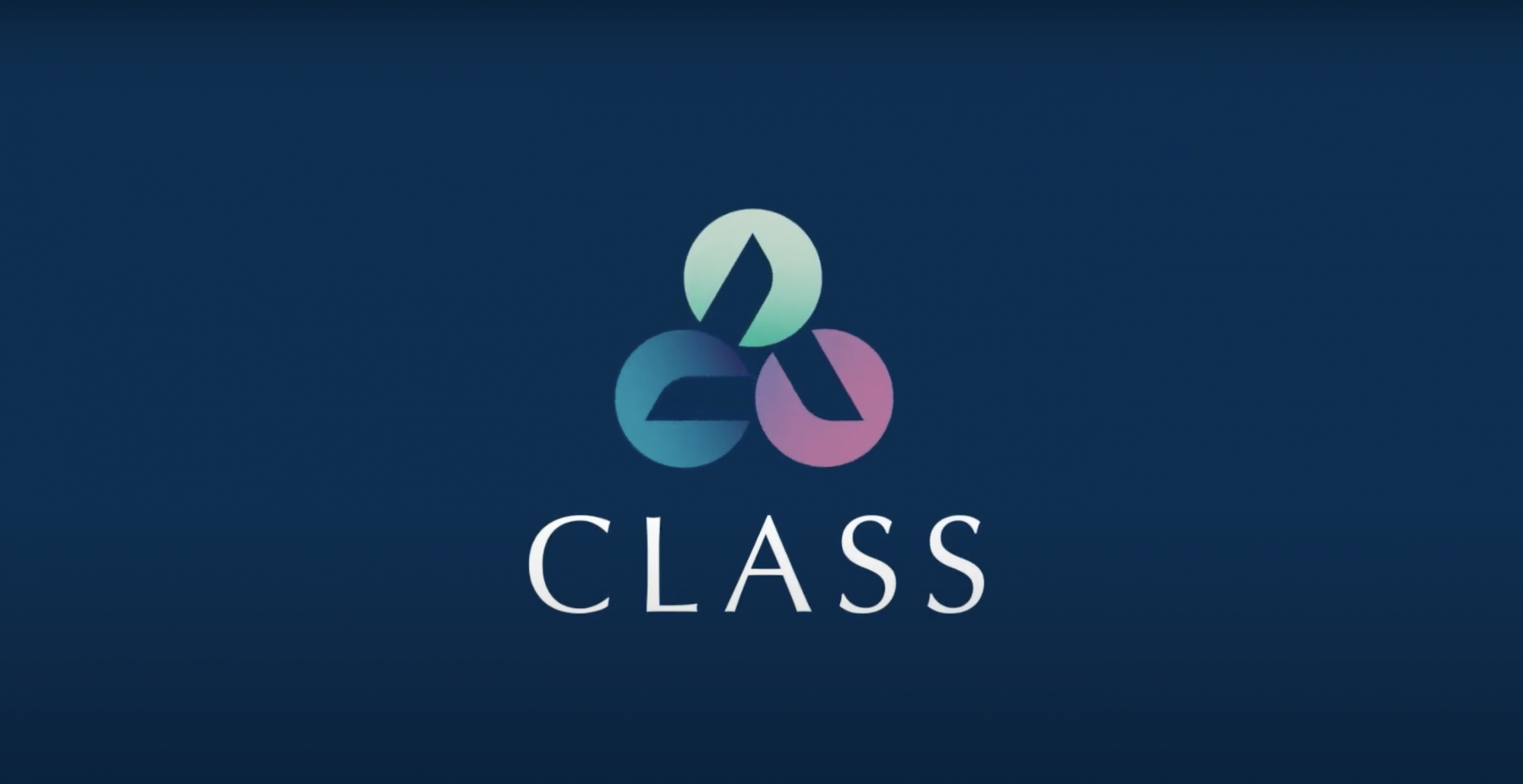The arrival of the new transfer balance account report (TBAR) for self managed superannuation funds (SMSFs) is creating major headaches for accountants, administrators and advisers across Australia. Indeed, many are only starting to appreciate how onerous the new requirements are, and how much they might need to change their approach.
Following are five ways the new obligations are adding to SMSF administration pain.
1. Increased SMSF reporting obligations
TBAR adds to the already heavy reporting burden of SMSFs. From 1 July 2018, SMSFs have to report events that affect a member’s transfer balance and the amounts involved in such events.
Using TBAR – the approved form for reporting events related to a member’s transfer balance
– SMSF trustees must report to the Australian Taxation Office (ATO) when:
- a new retirement phase starts
- a retirement phase income stream starts
- a retirement phase income stream is commuted
- a retirement phase income stream is transferred to another person because the spouse has died
- certain other special events affect the cap
2. More reportable events than expected
It’s expected that reportable events will be 3 times higher than originally anticipated when the new reporting regime was announced. Most of the extra events will come from new pensions establishments, and trustees adopting pension commutation strategies to help them manage their transfer balance cap.
Many SMSF trustees – and their administrators and accountants – have been caught off guard by the sheer number of reportable events that may arise.
3. More frequent fund processing
With the slew of events that must be reported, in many cases, annual processing of funds is no longer sufficient to maintain the visibility needed to ensure SMSF compliance.
If you’re an SMSF accountant, you will need to:
- identify clients affected by the new reporting requirements.
- process funds more frequently to determine member’s total super balances.
- report to the ATO more frequently.
- potentially restructure your internal workflows and processes.
Without specialised software to manage SMSFS in an effective and timely manner, keeping on top of TBAR compliance obligations will be extremely difficult.
It will be near impossible to track total super balances and caps for each SMSF member, making it difficult to identify clients with reportable events and to provide accurate reports.
It will also be hard to advise trustees on issues such as whether to make a concessional contribution, or when to start or end a pension, to maximise outcomes under the new regime.
4. Additional penalties for late reporting
SMSFs, through their accountants, must report events by a certain date to avoid penalties
and adverse impact on a member’s transfer balance account.
For SMSFs with a member who’s total super balance is $1 million or more, events must be
reported within 28 days of the end of the quarter in which the event occurs. Other funds can
report events when they lodge their annual returns.
The ATO may impose a penalty of $210 for every 28-day period that a TBAR remains
unlodged after the due date, with a maximum penalty of $1,050 plus any interest charges
that may apply.
5. Risk of errors through manual reporting
Lodging a TBAR can be a time consuming exercise if done manually. You will have to fill in
excel spreadsheets or a 12-page form for every fund member your firm handles, every time
there is a reportable event.
You also need to ensure you correctly identify which funds, at different times of the year, will
be subject to TBAR.
This manual approach not only takes a lot of time, but it increases the likelihood of errors in
identification of impacted funds and the accuracy of the data supplied to the ATO.
Reduce TBAR headaches
Meeting the new reporting requirements will be easier with the right administration solution in
place. By adopting specialised SMSF software, you can accelerate and simplify how you
adapt to the increasingly complex and time consuming task of managing SMSF compliance.
To find out how Class can assist, request a free trial. Call us at 1300 851 057, or email
sales@class.com.au





